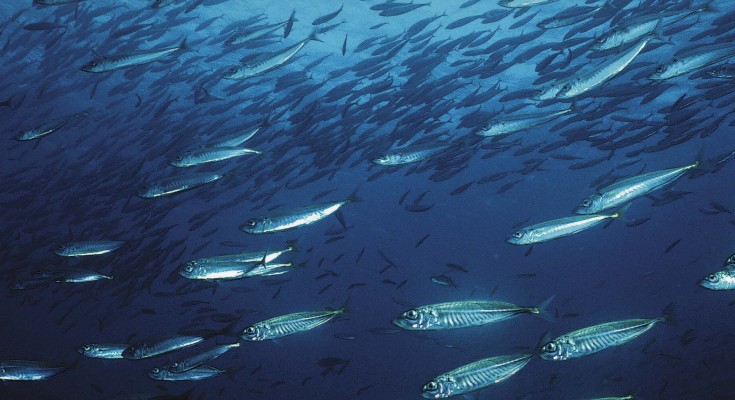
Read our March issue
Debt and hunger, decision support systems, improved rice cultivation, trade-offs in agriculture, food-related health burden, climate and sheep production, fragmented cropland in China… and more!

Debt and hunger, decision support systems, improved rice cultivation, trade-offs in agriculture, food-related health burden, climate and sheep production, fragmented cropland in China… and more!
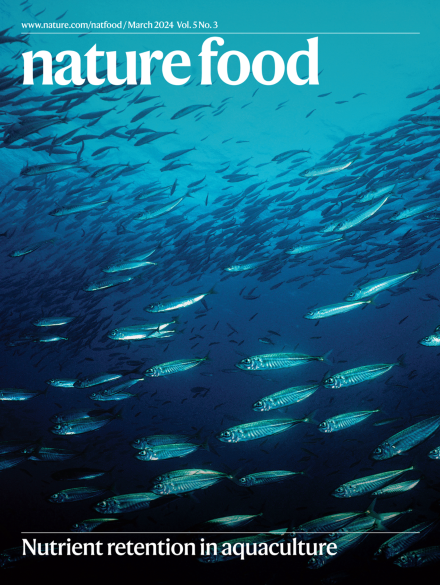
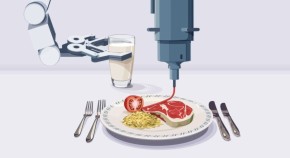
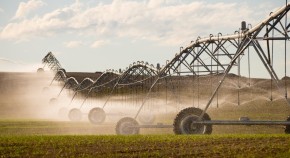
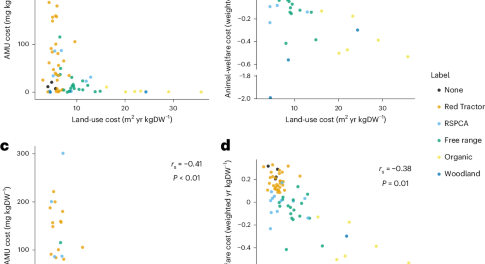
We found trade-offs among the environmental and animal welfare impacts of pig farms — those that had low greenhouse gas emissions typically had low land use but poor animal welfare and high antimicrobial use. Some farms performed well in all four impacts, but these farms were not consistently associated with any particular farm or label type.